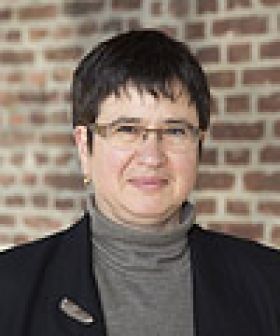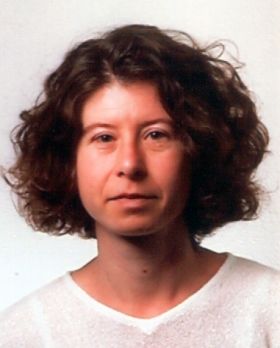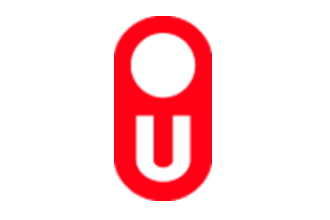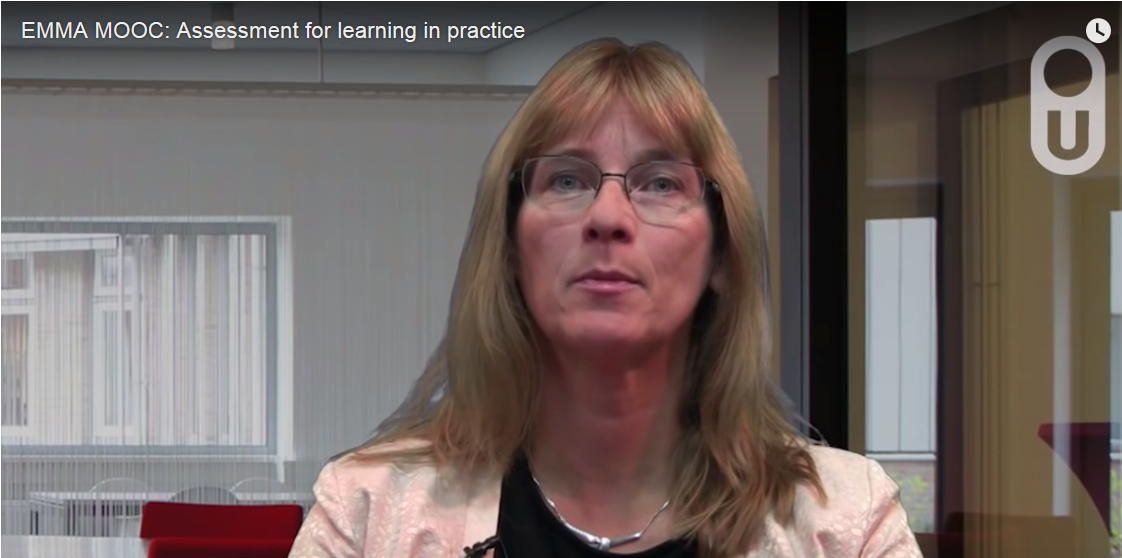Course Overview
Formative assessment or assessment for learning is a relevant theme for teachers and educationalists. Formative assessment is a valuable tool for supporting the learning process and is applied during the process. In this MOOC we will provide you with theory and guidelines for knowledge construction on the topic of formative assessment while offering support in designing assessments can be applied as a tool for learning and training of competences. In this MOOC you can learn what formative assessment is and how formative assessment can contribute to the learning of your pupils or students.
Desirée Joosten-ten Brinke, a Dutch expert on testing and assessment and one of the teachers in this MOOC, introduces the MOOC in this video.
The MOOC is in first instance aimed at teachers and educationalists, but can be followed by anyone who would like to learn about formative assessment and apply it in practice.
This MOOC is developed on the basis of a previous version of the same MOOC that was conducted in the EMMA platform over this topic. Changes and additional assignments were implemented based on feedback of the participants and experiences of the teachers and MOOC designers.
Structure of the MOOC
The MOOC will start om May 18, 2016 and will last for 7 weeks. Afterwards you will be allowed to view the contents for a little while longer. The learning materials consist of short introduction texts, interviews with experts and learning activities and assignments that you can find on the EMMA platform. Enrolment is open. Before the start all enrolled will receive a reminder via e-mail.
The MOOC contains a series of lessons of about 3-5 hours of study. With the exception of lesson 5 all lessons have a dureation of one week. Lesson 5 lasts two weeks.
In the first week (lesson 1) you will be introduced to the EMMA platform and tools that you will be using. You will take a short quiz on the topic as a starting point for learning, will introduce yourself and get acquainted with other learners. That way you will be ready for the start of the learning activities. In lessons that will follow you will be introduced to the topic of formative assessment and learn to differentiate between summative and formative assessment, explore topics as digital tests and rubrics.
The lessons are designed as a sequence, but each can be taken and completed separately should you wish so. You can start at various moments and still gain sufficient meaningful learning experiences if you have little time for learning.
Learning together with others
Learning in a MOOC doesn’t have to be a solitary experience. You can communicate with others, provide examples and share experiences and examples with others using social media such as Facebook and Twitter. In this MOOC you can if you wish make use of a closed Facebook group in addition to the communication facilities that are available on the EMMA platform. We do advise you to use the hashtag #AfLMOOC while communicating or sharing your experiences with this MOOC on twitter or other social media channels.
Learning materials and copyrights
The MOOC has been based largely on existing material and video-recordings developed for online masterclasses that had been offered by the Open Universiteit in the recent past. Although the context of these video-recordings might not fully fit the context of this MOOC, the content is still very up-to-date and relevant. The content of the lessons and learning activities of these MOOC are made available under the Creative Commons licence CC BY-NC-SA. Other learning materials such as documents, references to other websites, Youtube videos, et cetera might have additional copyright and author rights and can’t be used without permission. Moreover, nor the Open Universiteit nor EMMA are responsible, nor control or endorse these external resources and websites. No rights can be attached to this information.
Learning Objectives
In this MOOC you will among other things learn,
- what formative assessment is and how to apply it;
- what methods there are to perform formative assessment;
- how you to analyse assessment in their contribution to learning.
Outcomes
In this MOOC you have gained theoretical knowledge about formative assessment and have applied this knowledge. Depending on your investment in the study, you have analysed and developed one or more instruments for your own practice. You have used a practical framework to analyse your own assessment practices. You also have had the opportunity to develop a rubric that can be applied both summatively and formatively. Furthermore you have considered the function of feedback as instrument for learning in your own educational practice and you have developed a new instrument. Finally, you have developed new insights on the topic of formative assessment and the use of technology.
Certification and Additional Info
You can complete this MOOC with a LETTER of PARTICIPATION if you follow all the lessons and complete the final assignment. The Final Assignment consists of assignments that you get in the lessons.
Predicate ACTIVE PARTICIPATION will be granted if you post your contributions in the blog in EMMA and particpate in discussions with other participants.
Course Structure
- Lesson 1 - Short introduction of the course and the learning environment
- Lesson 2 - Introduction into the topic of Formative assessment
- Lesson 3 - Tests in my own practice: what do I test, how do I do it and what is the added value of testing for learning
- Lesson 4 - Feedback as formative assessment
- Lesson 5 - Educational design, (formative) assessment and technology for learning
- Lesson 6 - Working with rubrics
- Lesson 7 - Final assignment
- Lesson 8 - Your EMMA experience
Teacher
Olga Firssova
Dr. Olga Firssova is Assistant professor at WELTEN Institute, Centre for Learning, Teaching and Technology, Open University Netherlands. Firssova has been involved in course and curriculum design, quality assurance and evaluation projects at the OU for 10 years and has been teaching various courses at the Master of Educational Science program. Research interests and areas of expertise include course and curriculum design, academic writing and design for inquiry-based learning with technologies. Knowledge construction in Massive Online courses is her new research interest. Currently Olga is involved in two European projects: weSPOT (working environment for inquiry-based learning) and EMMA (European Multiple MOOC Aggregator).

Coauthor
Francis Brouns
Dr. ir. Francis Brouns started in 1998 at the Welten Institute (formerly CELSTEC), the Research Centre for Learning, Teaching and Technology of the Open Universiteit. Her research is on developing innovative learning environments and supporting lifelong learners, with a particular focus on collaborative and social learning, peer support, learning networks and MOOCs.

Coauthor
Desiree Joosten-ten Brinke
Dr. Desirée Joosten-ten Brinke is associate professor in testing and assessment at the Welten Institute of the Open University of the Netherlands and associate professor in testing and assessment at Fontys, University of Applied Sciences for teacher trainers. Her research focus is on formative and summative assessment issues, assessment of prior learning, e-assessment and quality of testing and assessment. The context of her work includes primary, secondary and higher (vocational) education in a broad domain of subjects (f.e, computer science, cultural science, Spanish, ...). She is head editor of a Dutch journal on testing and assessment ‘Examens’.
Dr. Desirée Joosten-ten Brinke studeerde Toegepaste Onderwijskunde aan de Universiteit Twente en is afgestudeerd bij de vakgroep Onderwijskundige Meetmethoden en Data-analyse. Vanaf 1990 is zij werkzaam als universitair hoofddocent bij de Open universiteit. Zij promoveerde daar in 2008 op het proefschrift getiteld ‘Assessment of prior learning’. Vanaf 2010 is zij tevens lector Kwaliteit van toetsen en beoordelen bij Fontys lerarenopleiding Tilburg. Haar onderzoeks- en onderwijsfocus is gericht op kwaliteit van toetsen en beoordelen, digitaal toetsen, EVC en formatief beoordelen. Zij begeleidt docenten en promovendi bij hun onderzoek naar deze thema’s en verzorgt trainingen voor docenten en leden van examencommissies. Desirée is hoofdredacteur van Examens, tijdschrift voor de toetspraktijk.




